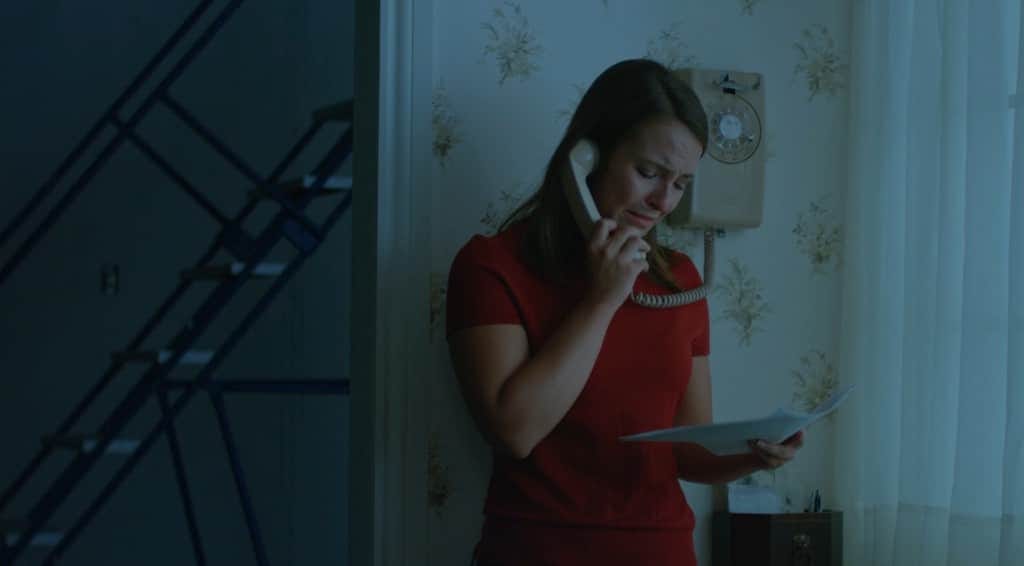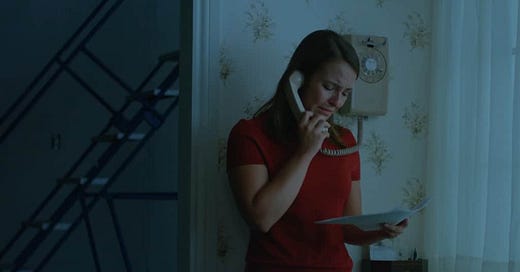How ‘Casting JonBenet’ Commits a Documentary Sin to Make a Good Point
Kitty Green’s unique new film is positively problematic.

The word “meta” is being used a lot to describe Casting JonBenet, and of course it is a meta documentary but so are most. The less boring way to write about Kitty Green’s original feature is to address how and why it’s meta. Casting JonBenet works on layers of media literacy that is nothing short o…



